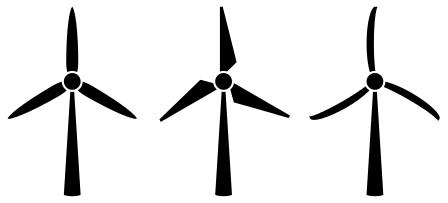40
Property
Alternative energy sources By Chris Ennis FRICS These days there can be few more important issues than climate change which, in a few short years, will challenge the lives of our children and grandchildren. We must act now to curb greenhouse gas emissions, and reduce reliance on fossil-based fuels. This is a massive issue that has dominated, and will continue to dominate the press for many years to come. There are many measures that will save energy and these will come to the fore in years to come. Insulation is probably a good point at which to start… There are still many homes where roof spaces and water storage tanks are inadequately insulated. Many properties have replacement window systems, but older installations do not possess the good thermal qualities of more modern installations. Gas/oil fired water boilers replaced / installed after 2005 are likely to be modern ‘condensing’ systems. A condensing water boiler extracts heat from the waste products of combustion. A condensing boiler is typically 90% efficient and research shows that some boilers can have a remarkable 98% efficiency. The boilers can be identified either by the white gaseous emissions through the external flue or by the condensate pipe which should discharge into a nearby drain.
Alternative sources ‘green’ of power also include wind power as can be seen in the Rampion wind farm a few miles off Worthing. The wind farm is now fully operational and includes 116 turbines with a rotor diameter of 110 metres and an overall height of 135 metres. There are (smaller!) domestic wind turbine systems available and frequently these are located on masts since wind speeds increase with height. There are a number of types of heat pump which extract energy from the ground (known as ‘ground source’) or from the air (‘air source’). They work rather like a refrigerator in reverse….a fridge takes warm material and makes it cold, but a heat pump takes cold water and makes it warm for domestic heating needs. The dedicated green householder might also consider solar powered energy with commonly seen photovoltaic panels generating electricity, or with a solar powered hot water system which might provide up to 50% of typical domestic requirements. Chris Ennis FRICS email: surveyor1@talktalk.net 01903 261 217 or www.propdoctor.co.uk












